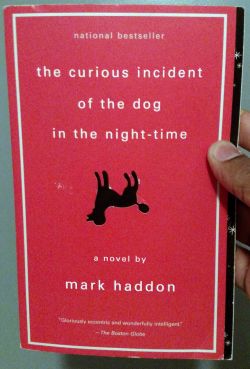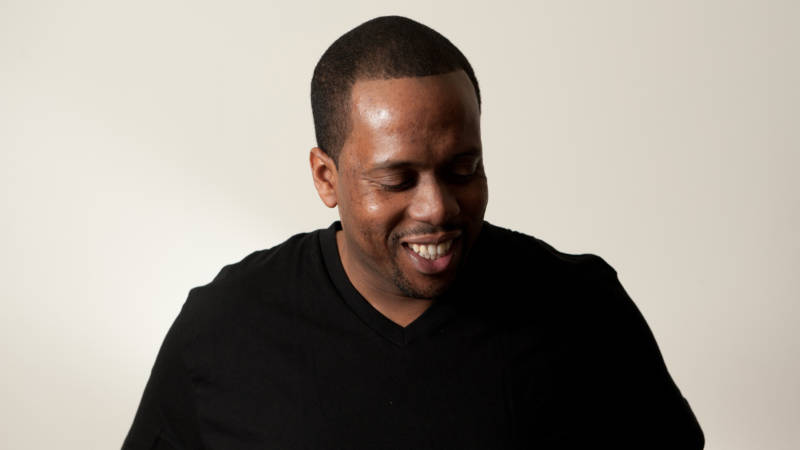Educator, blogger and activist José Luis Vilson, author of This is Not a Test, teaches math to middle schoolers in the Inwood/Washington Heights neighborhood of Manhattan, New York City. He recently told MindShift that the book that has made the most significant impact on his teaching is The Curious Incident of the Dog in the Night-Time, the first novel by British writer Mark Haddon. In the book, autistic 15-year-old Christopher Boone is “mathematically gifted but socially hopeless,” and gets blamed for the murder of a neighbor’s dog. Christopher, who is obsessed with prime numbers and is literal-minded, becomes determined to find out who really killed the dog; through his discoveries, he reveals himself not socially walled-off, as stereotypes would have him, but in fact overly sensitive to a world he has a hard time understanding.

Vilson recently explained to MindShift why The Curious Incident of the Dog in the Night-Time had such a big impact on him, and how he uses ideas from the book to help his special needs students. The conversation has been edited for clarity and length.
José: I have plenty of favorite books, but one of my more favorite edu-books is The Curious Incident of the Dog in the Night-Time by Mark Haddon. The fiction book is about a child who approaches the world through a mathematical lens. Even though it might feel like it's specifically about a special-needs child, in the abstract, it's also about seeing things differently than others might, and his discoveries through his journey are just moments to reveal another understanding about life.
Before I read it back in 2005, I was a new teacher, navigating what it meant to teach special needs children. I had all these dispositions about the special ed classroom, and most of it was either unsubstantiated or gross generalizations about what actually happens. After reading the book, I felt a sense of empathy, snapping many of those generalizations. I quote elements from [the book] rather regularly and recommend it to every new teacher I know.



